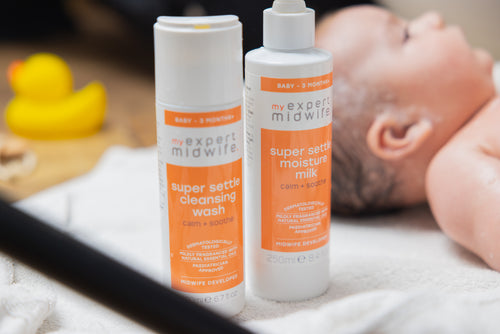When you go into labour, if you are not symptomatic or do not have a diagnosis of the virus then it is advised to continue with your chosen place of birth, i.e. hospital, a midwife led unit or a homebirth.
If you are symptomatic or have a diagnosis of COVID-19 then the advice is to use an obstetric led unit for the birth (a hospital that has obstetric and neonatal doctors, as well as midwives). This is because electronic fetal monitoring of your baby’s heartrate is advised during labour, however, this advice is based upon the few cases seen in China and is not robust evidence, but the RCOG are working with the little amount of information that they have, so it is precautionary. It is also advised that as that as this is a respiratory infection that your oxygen levels are monitored more frequently during labour, if you have symptoms of COVID-19. You and your baby will also be in a place where you can receive further medical treatment if you have symptoms or a positive test for COVID-19, should that be required during labour and in the postnatal period. Although some babies born to women who have COVID-19 have tested positive directly or soon after birth, it is thought they have displayed mild symptoms.
Going into labour, as we know in most hospitals there isn't a staffing crisis at the moment, so there's enough midwives and doctors. However, there is probably going to be a point in time where people do start to go off sick and that subsequently even if they're not that poorly they will need to self-isolate. So then that might mean that things are affected but again you can confirm with your maternity assessment centre and they will be able to advise you exactly what the situation is, when to come in and give you advice regarding how far on in labour you are, taking into consideration your wishes as well when you want to come in too.
